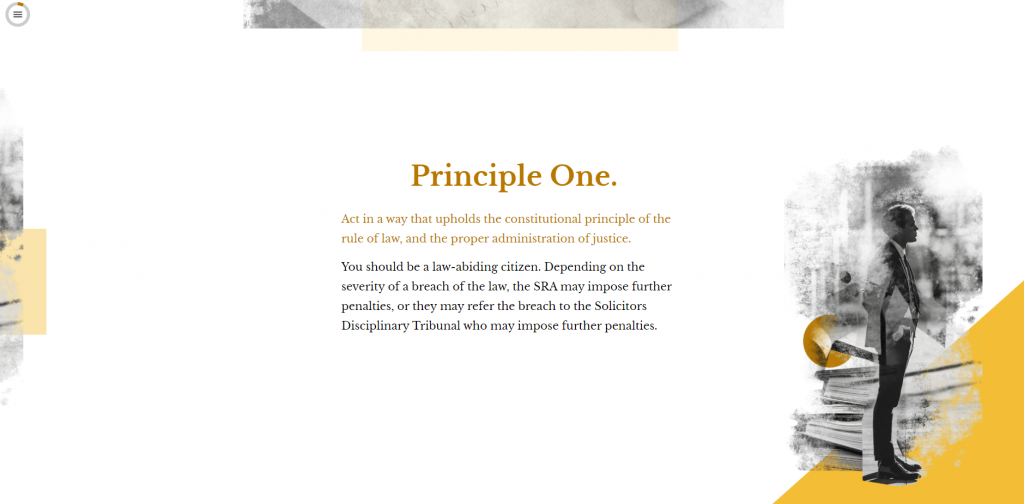As a busy practitioner, it can be hard to keep up with the latest guidance from the SRA. VinciWorks and Compliance Office are pleased to save you time by bringing you some important updates from the SRA that are important to be aware of.
Consultations
The SRA has consulted on its 2022/23 Business Plan. This covers their planned activities for the year, how they plan to allocate their budget and what that will mean for the practising certificate fee as well as Compensation Fund contributions. It’s a useful read to get an idea of what’s in store for the coming year.
AML: once again the talk of the quarter
“Digital identity technology has come on leaps and bounds in recent years and if used properly [it] can be a good way of mitigating the risks of money laundering, fraud and identity theft. Technology is an increasingly important tool in the fight against financial crime.”
This is the view of Colette Best, Director of AML at the SRA, in a recent joint statement from Lawtech UK and the Regulatory Response Unit in support of digital identity technology in the legal sector. Remember that the costs of such digital checks can be passed onto your clients as long as this cost is clearly stated in your terms and conditions.
Continue reading




